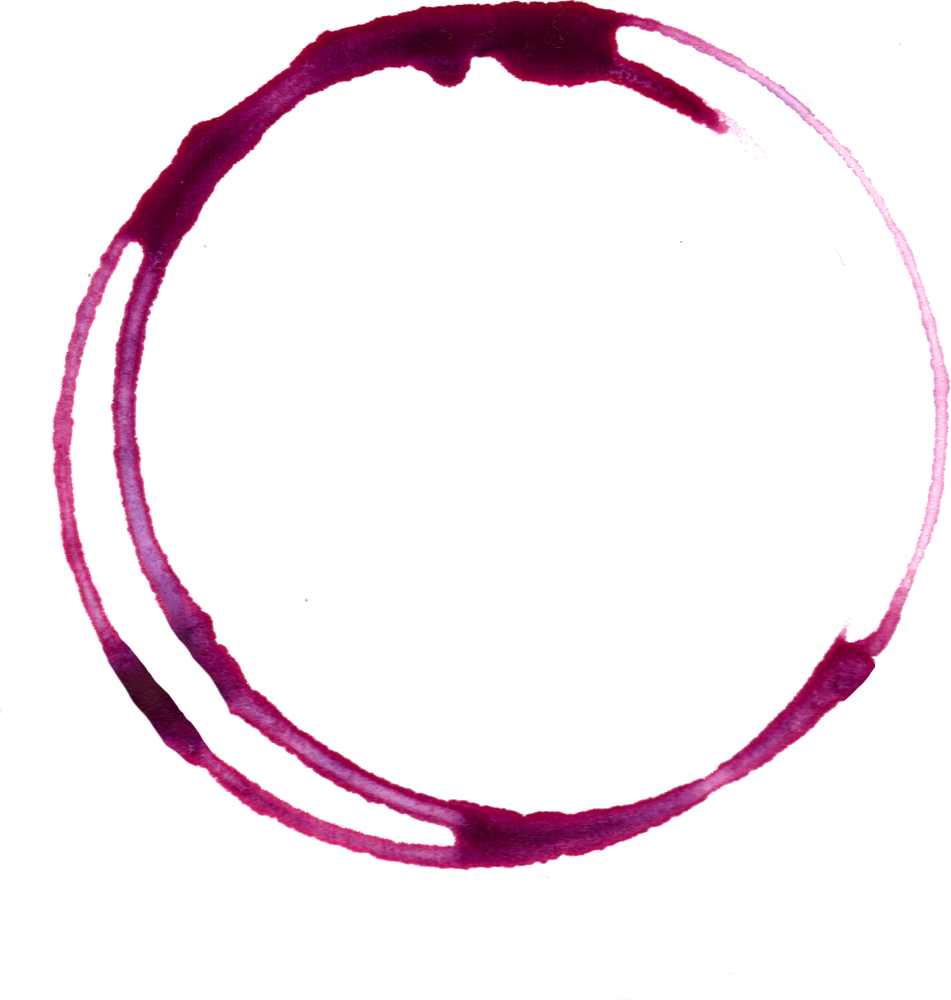I guess it all started with the strip search at San Francisco International Airport. The scanners going through security picked up a microbe or something on me, even though I had followed every rule including taking my shoes and belt off. Maybe it was the gum I was chewing. So, it was public rub down time by a very thorough TSA agent who really enjoyed his work.
Up and down the arms. Underneath the collar. Up to the sensitive areas and down…And up and down. One, two, six and the gloves were off and going through the chemical sensor machine thing to see if I have trace elements of terrorist on me. And apparently I did. Alarms were sounding and my TSA buddy was suddenly looking weird and trying to find a supervisor.
Time to be whisked away to a private screening room to disrobe, endure another thorough pat down, some judging glances from other official looking people and another “we think you might be a terrorist” chemical screening and I’m clear. Guess I wasn’t a threat after all. Good thing I had my toothpaste in a little baggie. San Francisco is safe from another jihadist in blue jeans.
What the machines had picked up were trace elements of pesticides, fungicides and fertilizers used in the vineyards I had been visiting for the past few days. Yes, they can be used to make bombs, too, but really, they are for farming. Then it all came rushing back.
See, for the last few days, between wine tastings, tours, samples and sensations that are commonplace during a routine drinking holiday in California, I had been spending downtime hanging with my grape friends in the vineyards. Yeah, judge all you like, but I like spending down time in vineyards. There we would find ourselves, sitting out on our beautiful terrace, overlooking acre after acre of pristine vineyard in the heart of Rutherford in the Napa Valley, watching the sun set and the birds soar, and the trees sway in the gentle breeze, and guys in full hazmat suits on ATVs ride through rows of vines spraying them over and over with chemicals.
Then it happened again. This time at 2am. Trucks would cruise through the vineyards under the cover of darkness, fogging and spraying and fogging and spraying what is someday going to become elements of the very wine I will sip in great quantities.
It’s one thing to know, in the dark recesses of your mind, that there are evil, money grubbing corporations adding chemicals and processing elements to your food, but it’s something completely different to actually see it happening, by migrant workers making $8 an hour on ATVs in one of the most famous wine regions in the world.
That kind of freaked me out. It’s a Joni Mitchell thing. “Give me spots on my apples, but leave me the birds and the bees, please!” I mean, I try really hard to buy and eat things that were produced sustainably and organically, spending seemingly thousands on bruised apples and pears and the like just to avoid these very chemicals in my food that I now see are invading my life via wine.
Now, all the studies (funded by whom, exactly?) will tell you that these chemicals pose little to no risk to the drinker. In fact, Wine Spectator just came out with news of research that pretty much said that the only people at risk from pesticide use in vineyards are the people working in the vineyards (nice). Well, and their neighbors (or the guy sitting on his terrace overlooking the vineyards like a jackass), visitors, birds, insects and other plants that make up the fragile ecosystem that allows the grape vine to protect itself naturally from disease and predators.
Funny. Let me see if I have this right. Kill everything around the vine that could hurt it, but also kill everything around the vine that might help protect it or empower it to protect itself from the things you are trying to kill. Oh, and spend a ton of money doing it. Is that why wine is so expensive? Well, someone in the Napa Valley would disagree.
One example is Frog’s Leap Vineyards, also in Rutherford. They farm and produce wine organically. Yes, it can be done and it is being done. See, Frog’s Leap doesn’t employee chemicals in their farming, choosing instead to let nature work its magic with soils, ground cover plants and the types of vegetation and wildlife that occurs naturally. They even use dry farming techniques, meaning they don’t artificially irrigate, instead forcing the vines to rely on the water only provided to them by nature. The vines run deep. They struggle. But they survive, and they still produce grapes that become world class wines. Oh, and Frog’s Leap produces some of the most affordable wines in the valley and still produce enough to be widely distributed.
It’s kind of depressing. The best wines in the world are just as dirty, from a farming and ecological and chemical perspective, as the worst Monsanto monstrosities that have been outlawed in country after country (uh, except the good ol’ USA). I’m conflicted.
Let the organic wine search begin. Frog’s Leap isn’t the only one. There are organic wineries all over. Some do a great job of farming “organically” and “sustainably” but don’t go through the efforts to be certified organic because that would take two years minimum of leaving their acreage bare before planting again. I get it. Two years of nothing, then four years, minimum to produce a bottle of wine. That’s a tough choice. Well, the hunt is on. I think I just need to find them. Well, then taste them. What do I do if they’re bad? Guess I better research hypocrisy, too.
